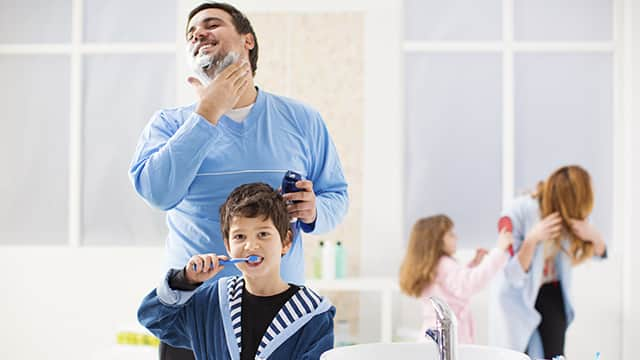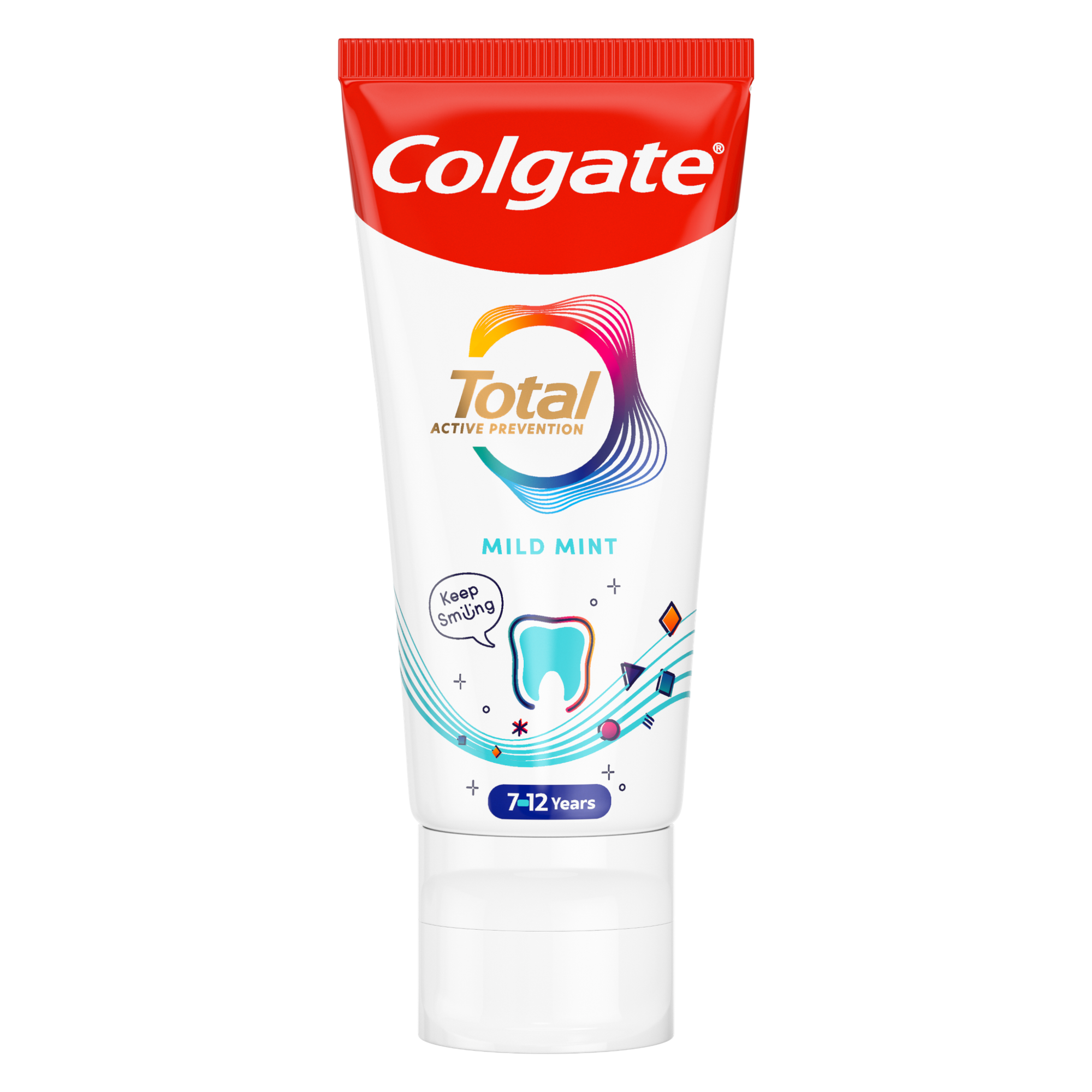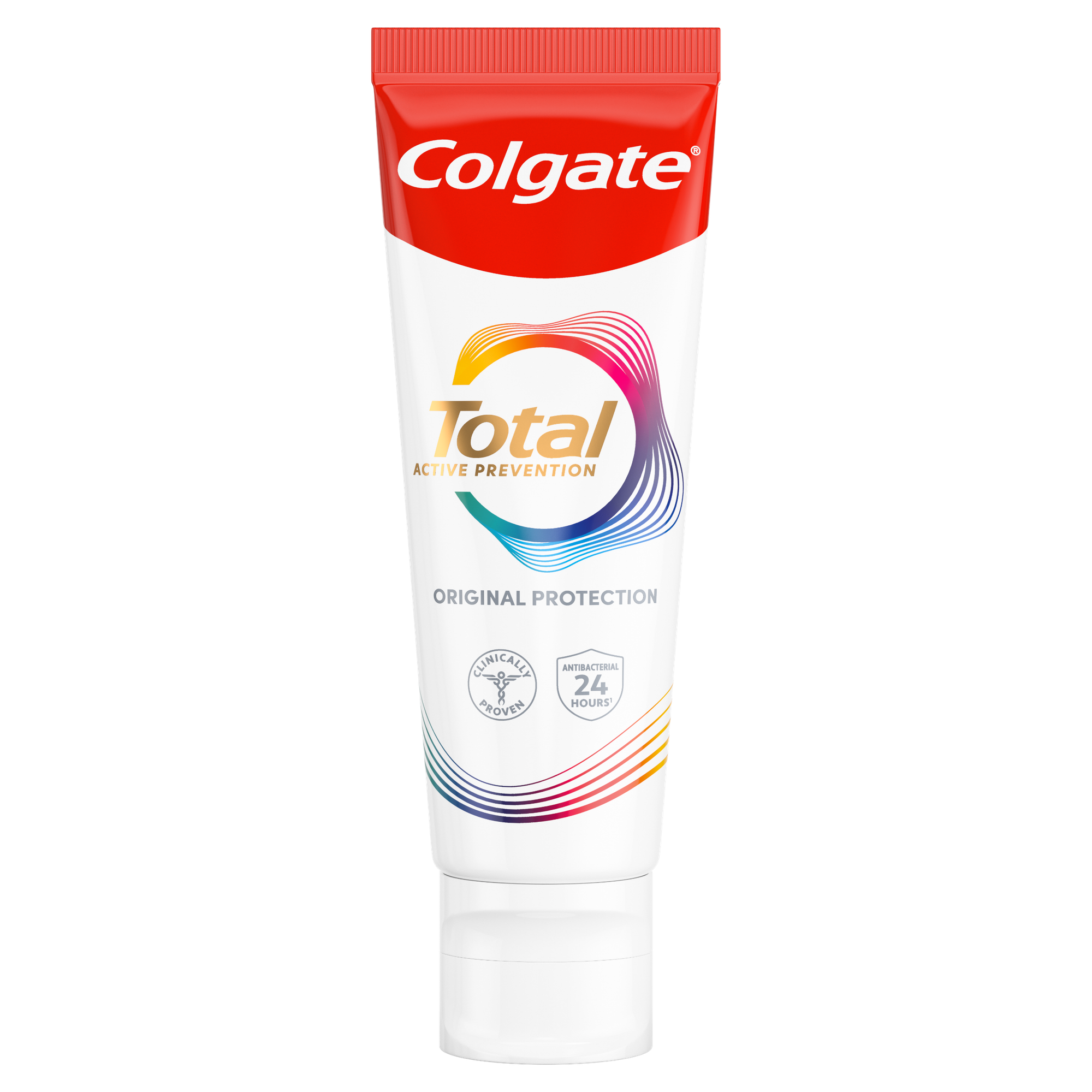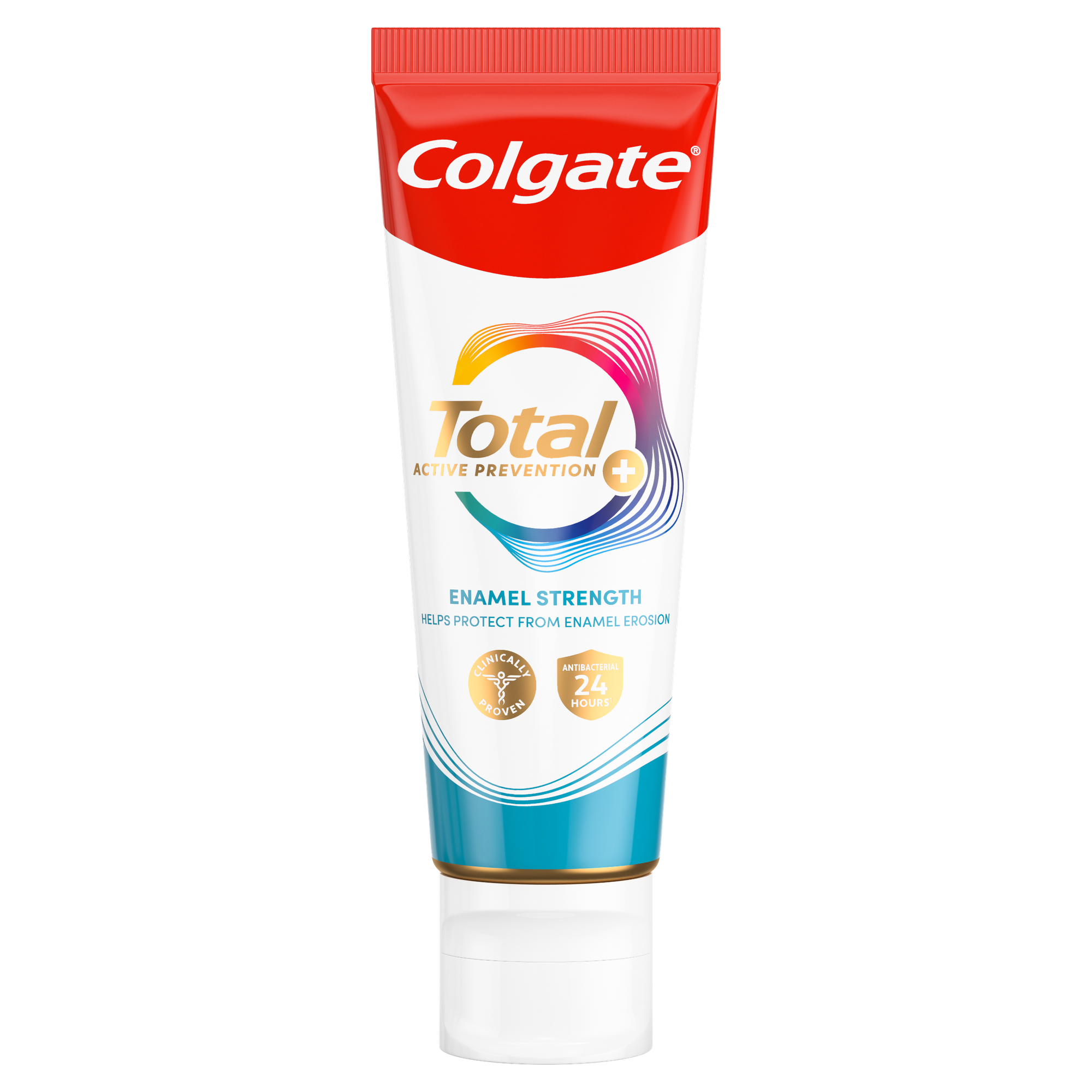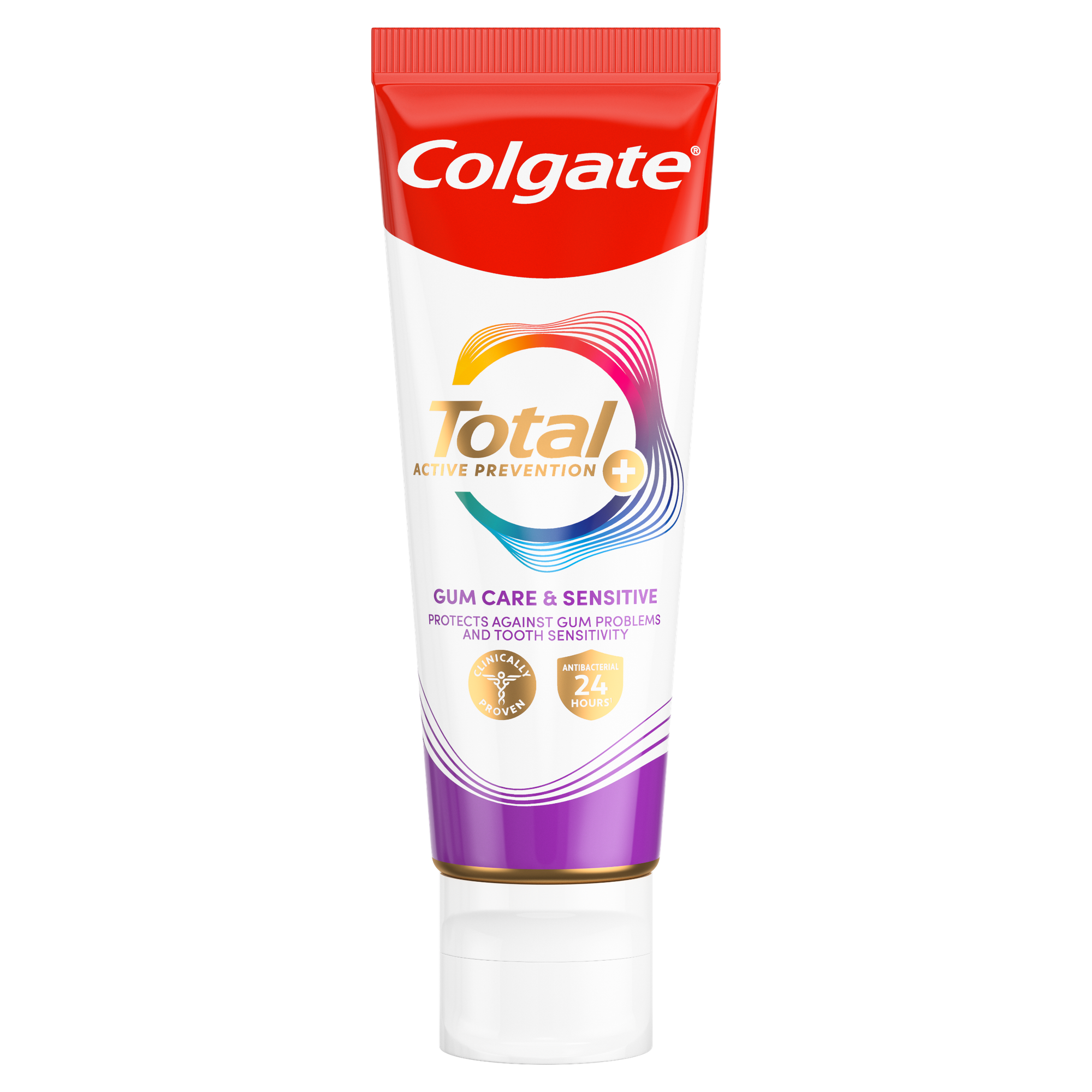You should know that brushing your teeth after eating can sometimes affect your tooth enamel. By immediately brushing teeth after eating, you might rationalise that you’ll get rid of bacteria before they attack your tooth enamel, however, this can end up being more damaging to your teeth. So, should you brush your teeth after every meal? According to Bupa, if you've consumed anything acidic, you should avoid brushing your teeth for at least an hour. Foods containing citric acid, like oranges, grapefruit and lemons, can weaken tooth enamel. Brushing your teeth too soon after eating them can further damage the enamel in its already weakened state.
In addition, prolonged exposure to phosphoric acid, which can be found in soft drinks like regular and diet fizzy drinks, can erode hard tissues from the tooth surface. Acid erosion causes permanent damage to your teeth. To keep acid erosion to a minimum, limit snacking between meals and be mindful of the consumption of fizzy drinks and sugary snacks.
Why it may be better to brush before breakfast
You don’t want to drink your morning orange juice with the taste of minty toothpaste in your mouth, however, it may be more beneficial for your teeth to do just that!
When you wake up you may notice ‘morning breath’ which is a buildup of bacteria that multiplies in your mouth overnight. Brushing your teeth before eating will get rid of this bacteria and kickstart the production of saliva, while the fluoride in your toothpaste will create a protective barrier over the surface of your teeth.
Therefore, it's a good idea to brush your teeth before eating breakfast and to drink a glass of water when you’re finished to wash away the acids. As an alternative to waiting to brush your teeth, try eating nutritious foods that are low in carbohydrates and sugar after eating something acidic. This can help reduce the harmful acids that such foods can create.
How to brush your teeth
When it comes to your oral health, brushing your teeth well is just as important as when you brush. Whether you use a manual or an electric toothbrush, choose one with soft bristles as a hard-bristled toothbrush can be too abrasive on your tooth enamel. For the best results, you should use a fluoride toothpaste. It has a dual action - getting rid of plaque and preventing tooth decay - to ensure that your teeth stay squeaky clean after you eat.
Here are some steps to follow to make sure you’re brushing your teeth properly:
- Wet your toothbrush head under the tap then add a pea-sized amount of fluoride toothpaste.
- Hold your toothbrush at a 45° angle and make sure you brush all the surfaces of your teeth – including the outer, inner and chewing surfaces.
- Brush for 2 minutes using short, circular motions.
- Don’t forget about your tongue! Once your teeth are clean, brush your tongue with your toothbrush.
- Spit out any excess toothpaste – don’t swallow.
- Use a tongue scraper, dental floss or interdental brushes to clean between your teeth and remove any leftover bacteria and food particles.
- Finish by swishing your mouth with an alcohol-free mouthwash that contains fluoride – for example, Colgate Total Advanced Plaque Protect Mouthwash.
To sum up, brushing your teeth when you wake up is better than brushing after breakfast as it protects your tooth enamel more. If you have to brush your teeth after breakfast, wait for 30-60 minutes after eating. Whether you brush teeth before or after breakfast, both options are better than not brushing at all!
By following this thorough brushing routine, you’ll keep your teeth clean and protected! Remember, if you’re experiencing tooth pain or suspect there is a problem with your oral health, make an appointment with your dentist.
This article is intended to promote understanding of and knowledge about general oral health topics. It is not intended to be a substitute for professional advice, diagnosis or treatment. Always seek the advice of your dentist or other qualified healthcare provider with any questions you may have regarding a medical condition or treatment.
ORAL HEALTH QUIZ
What's behind your smile?
Take our Oral Health assessment to get the most from your oral care routine
ORAL HEALTH QUIZ
What's behind your smile?
Take our Oral Health assessment to get the most from your oral care routine






